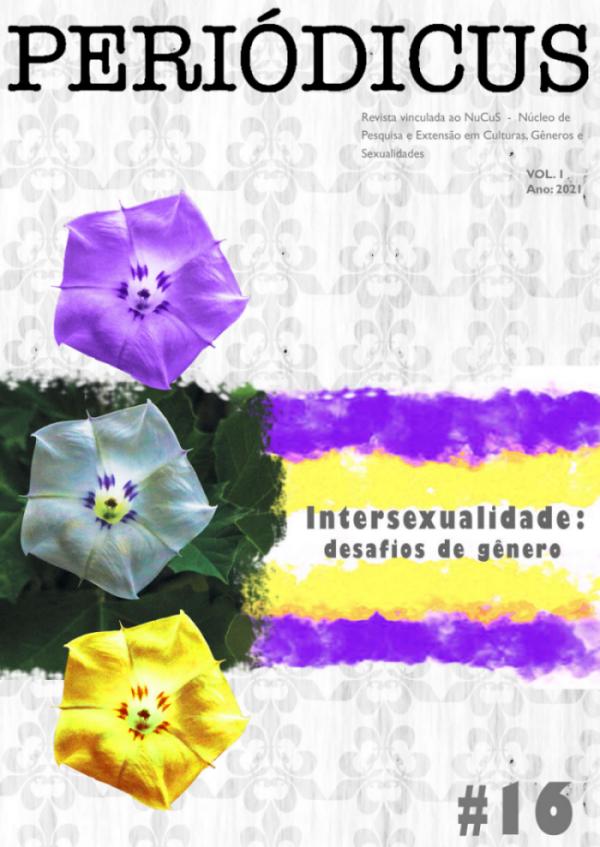Health and disease of the body of transvestites and transsexual women: analysis of Brazilian dissertations and theses in health sciences between 1992-2019
DOI:
https://doi.org/10.9771/peri.v1i16.33372Abstract
This research questions the themes of Brazilian dissertations and theses defended in the broad area of Health
Sciences knowledge, which address the health-disease relationship of transvestites and transsexual women, between 1992 and 2019. Operationalization consisted of a search of CAPES’ online database of dissertations and theses, which identified 1,071 surveys. These were tabulated, identifying how many dissertations and theses were defended in the Postgraduate programs, by area of knowledge and the amount by themes that address transvestites and transsexualities in the large area
of Health Sciences knowledge. The results show that 15.2% (163 surveys) were defended in the area of Health Sciences knowledge. These surveys discuss different topics on the relationship between health and body disease of transvestites and transsexual women, especially themes articulated in the public policies “Brazil without Homophobia”, “Transsexualizing
Process” and the “National LGBT Comprehensive Health Policy”.
Downloads
Downloads
Published
How to Cite
Issue
Section
License
Copyright (c) 2021 Ramon de Oliveira Bieco Braga, Ana Paula Benato

This work is licensed under a Creative Commons Attribution-NonCommercial 4.0 International License.
Authors who publish in this journal agree to the following terms:
Authors retain copyright and grant the journal the right of first publication, with the work simultaneously licensed under a Creative Commons Attribution Noncommercial License that allows the work to be shared with acknowledgment of authorship and initial publication in this journal, but prohibits commercial use.
Authors are authorized to enter into separate additional contracts for non-exclusive distribution of the version of the work published in this journal (e.g., publishing in an institutional repository or as a book chapter), with acknowledgment of authorship and initial publication in this journal.
Authors are permitted and encouraged to publish and distribute their work online (e.g., in institutional repositories or on their personal website) at any point before or during the editorial process, as this can generate productive changes and increase the impact and citation of the published work (see The Effect of Open Access).








